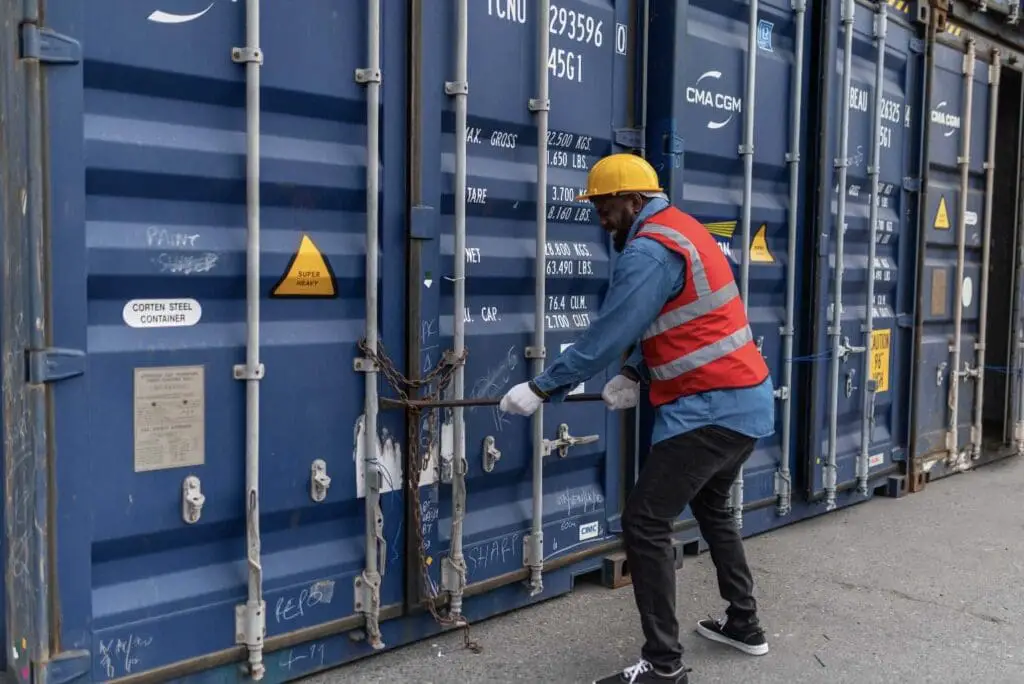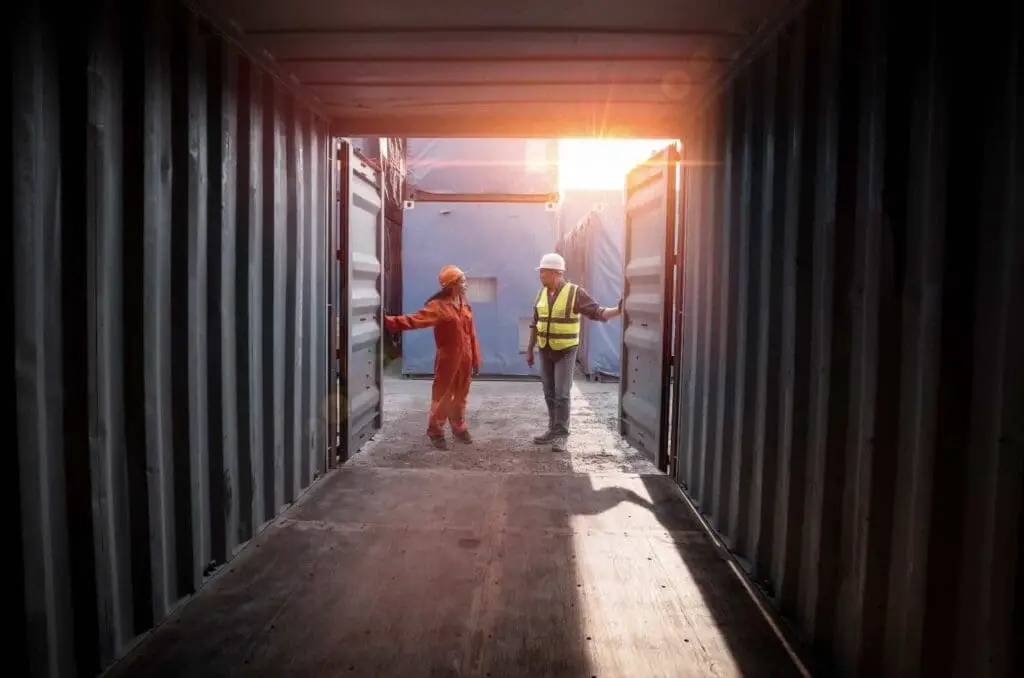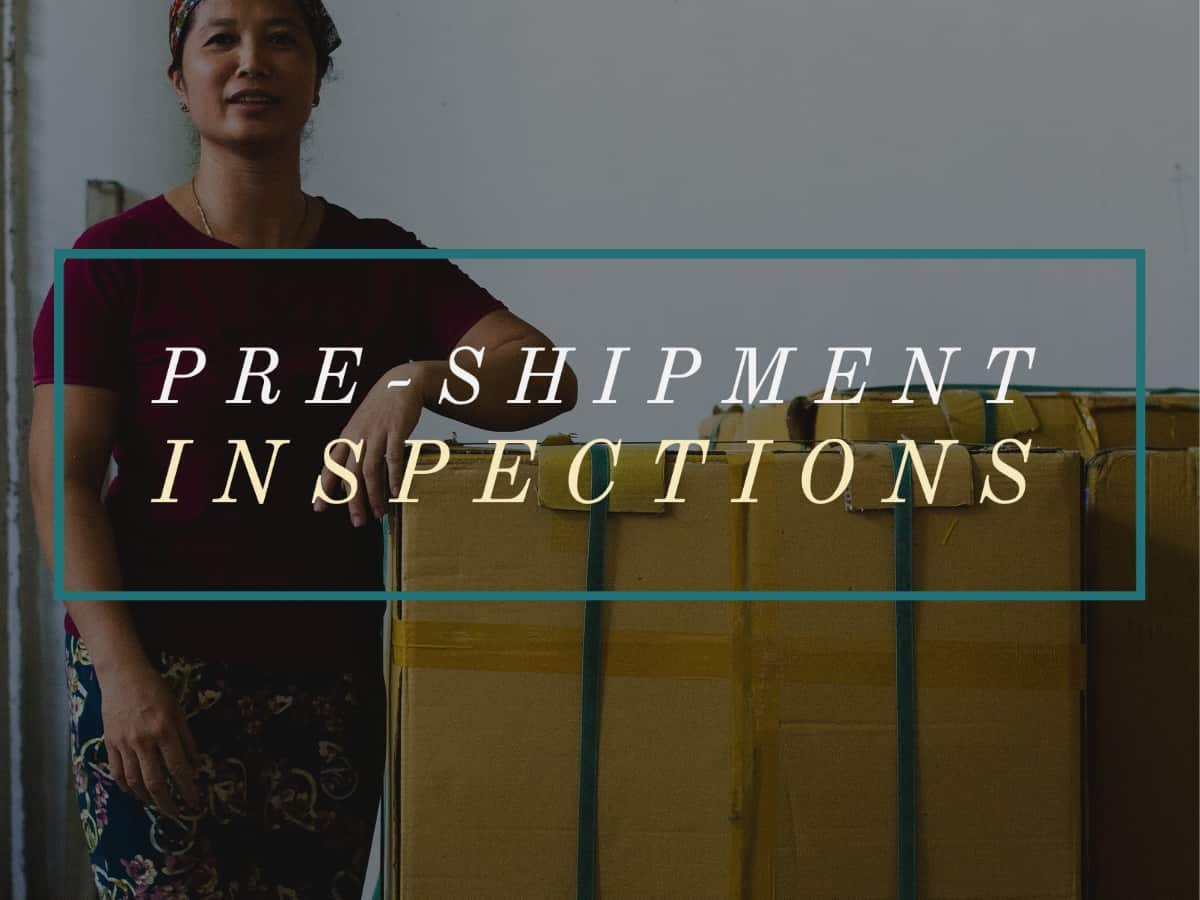When you are creating, developing, and manufacturing any kind of product, many things can go wrong. This is why conducting proper inspections is such an important part of ensuring the product you have ordered is of the quality, quantity, and price.
A Pre-shipment Inspection or (PSI) is an inspection that takes place once the goods are completed and ready to be shipped. The Pre-shipment Inspection helps ensure that the manufactured products are of the quality, quantity, and price ordered. Pre-shipment inspection is a very important part of supply chain management.
Table of Contents
- What is a Pre-shipment Inspection (PSI)?
- Why Do A Pre-shipment Product Inspection?
- How We Conduct Pre-Shipment Inspections
- Related Questions
What is a Pre-shipment Inspection (PSI)?
A Pre-shipment Inspection (PSI) is an inspection that is performed when the goods are at least 80% completed, packed, and ready to be loaded onto the container for export. Pre-shipment inspection is a very important part of the supply chain management and quality control procedures for goods that are manufactured and purchased from overseas.
The Pre-shipment inspection is also known as the Final Detailed Inspection (FDI), Final Inspection (FI), and Final Random Inspection (FRI). They are all the same basic the same inspection or very similar to the Pre-shipment Inspection or PSI.
The Pre-shipment inspection is a term that was officially applied to The Agreement on Presshipment Inspections. The agreement was negotiated during the Uruguay Round of the World Trade Organization talks, also called the General Agreement On Tariffs and Trade or GATT 1994.
Essentially, the Pre-shipment inspection agreement was formed to help certify that export products are of the price, quantity, and quality that was ordered.
Pre-shipment inspection is only one aspect of the entire inspection process. We have found if we only do a Pre-shipment inspection, it is much harder to find or fix any issues or discrepancies.
This is why we will also do a DUPRO or During The Production Inspection.
To discover more about why Mondoro also conducts a DUPRO inspection besides just a Pre-shipment inspection, you can read our blog DUPRO, During the Production Product Inspection Guide by clicking here.
Why Do A Pre-shipment Product Inspection?
The pre-shipment product inspection is an integral part of the overall supply chain and quality assurance of goods that are manufactured for export. Having a pre-shipment inspection helps ensure the goods are of the quality, quantity, and price required.

Some reasons why we always do a pre-shipment inspection:
- Check Order Product Quality – One of the most important things we look for during the pre-shipment inspection is that the goods manufactured are of the quality required.
- Check Order Product Packing – As we open the packing of the products, this also allows us to check that the goods are packed up to the required standard. If a Drop-test has been previously conducted on the product, then we will ensure that the goods are packed as per the confirmed drop-test packing.
- Verify Quantity – During the Pre-shipment inspection, we can also verify the quantity to know exactly what can be loaded on the container and be shipped.
- Avoid Costly Mistakes – One of the major reasons an inspection is conducted is to help the importer migrate any costly import risks with products that are not up to standard and to help everyone in the supply chain to avoid costly mistakes.
How We Conduct Pre-Shipment Inspections
Here is how we conduct our Pre-shipment inspection or what we call our Final Detailed Inspection (FDI).

80% -100% Products Completed
At least 80% of the products need to be completed. When we say completed, we mean they are manufactured, packed, and ready to be exported.
In almost all cases, we have already conducted a DUPRO, so we understand the quality of the products and have already corrected any errors. The pre-shipment inspection helps us to do a final check for the goods and packing before loading the container.
10% of all Products Randomly Checked
10% of all the products manufactured are opened and checked. When we check them, we will open them completely and then repack them for shipment,.
If we find there are any errors with 10% of the products we have opened, then we will open another 10%. If we find any errors with the 20% we have opened, then we will ask for the entire shipment of that particular item to be opened and checked.
Randomly Pick Packages For Inspection
One of the most essential elements for a Pre-shipment inspection is that the packages and items that are being checked in the inspection need to be randomly chosen. This means that if you have 100 pcs of an item shipping, you need to open up 10 packages of that item.
To randomly pick the packages, some should come from the bottom, top, middle, and back. This must be completely random as you do not want the manufacturer to put just the good items on the top, and you only pick from those. They need to know that you will pick randomly, so the 10% you pick represents what is being shipped.
Pre-shipment inspection is an essential inspection for any time a product is exported. It is an integral part of the supply chain as it helps ensure the product is of the quality, quantity, and price required.
Find out more about how Mondoro can help you create, develop, and manufacture excellent home decor and furniture products – don’t hesitate to contact me, Anita. Check out my email by clicking here or become a part of our community and join our newsletter by clicking here.
Mondoro gives out a FREE Lookbook to anyone interested. You can receive a copy of our latest Lookbook by clicking here.
Listen to our Podcast called Global Trade Gal. You can find it on all major podcast platforms. Try out listening to one of our podcasts by clicking here.
Subscribe to our Mondoro Company Limited YouTube Channel with great videos and information by clicking here.
Related Questions
How Do You Load A Dry Shipping Container?
A dry shipping container is a shipping container that is used for 90% of all export shipments worldwide. The dry shipping containers’ standard sizes are 20’, 40’, and 40’ HC container sizes. Each size has a different payload weight and container loading size limits. Which container size you choose can make a huge difference in the actual container loading.
To discover more about shipping products with a dry shipping container, you can read our blog on 10 Tips On Loading A Dry Shipping Container, What You Need To Know by clicking here.
How Do You Find The Right International Business Partner?
Finding the right international business partner is not always easy, as there can be language, culture, and other barriers. But, there are some things that you can do to help you, such as ensuring you have the knowledge you need, also doing your due diligence, and finally, trusting the knowledge and experience of your local contacts.
To find out more, you can read our blog on 3 Tips to Finding The Right International Business Partner by clicking here.

